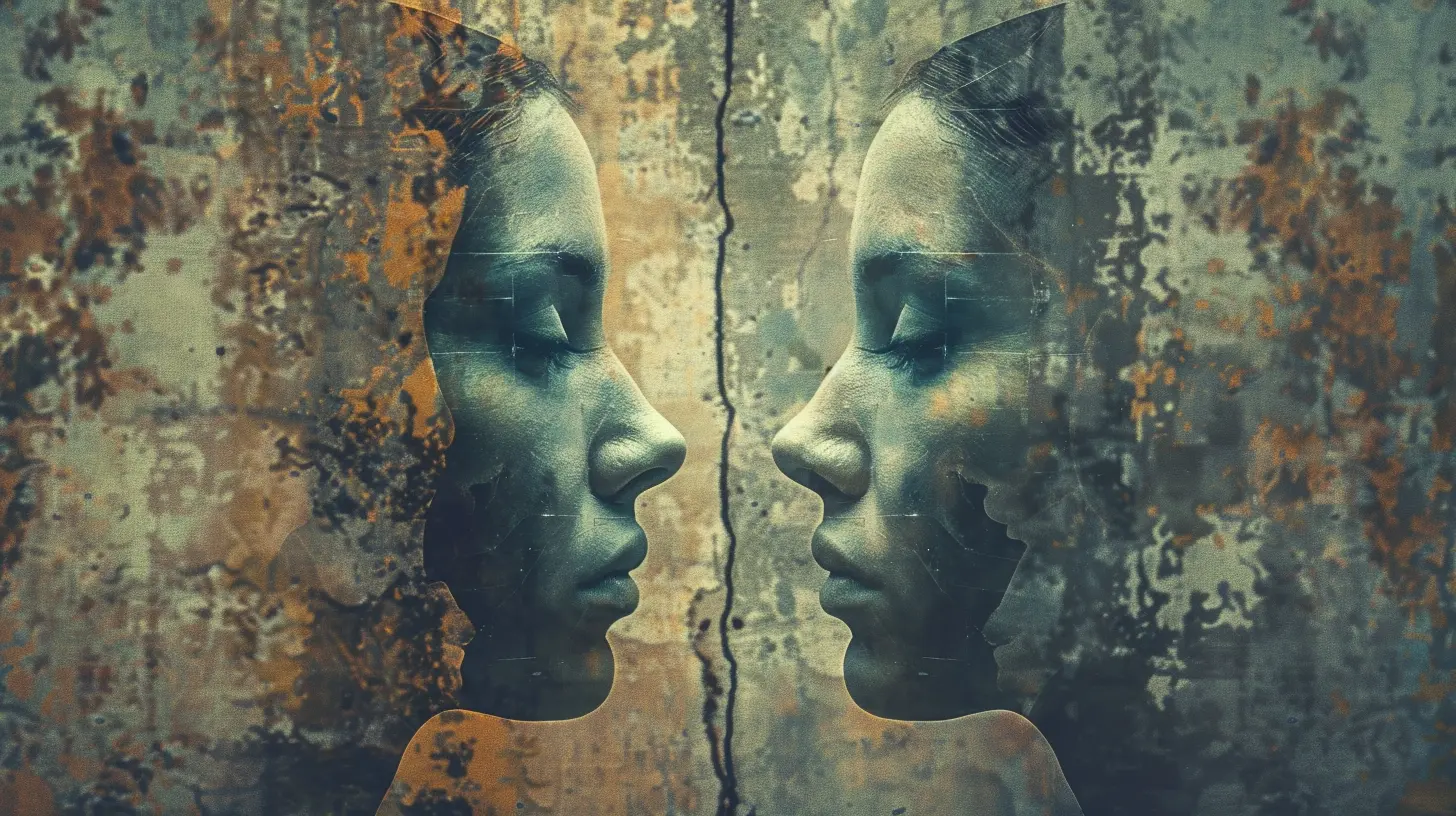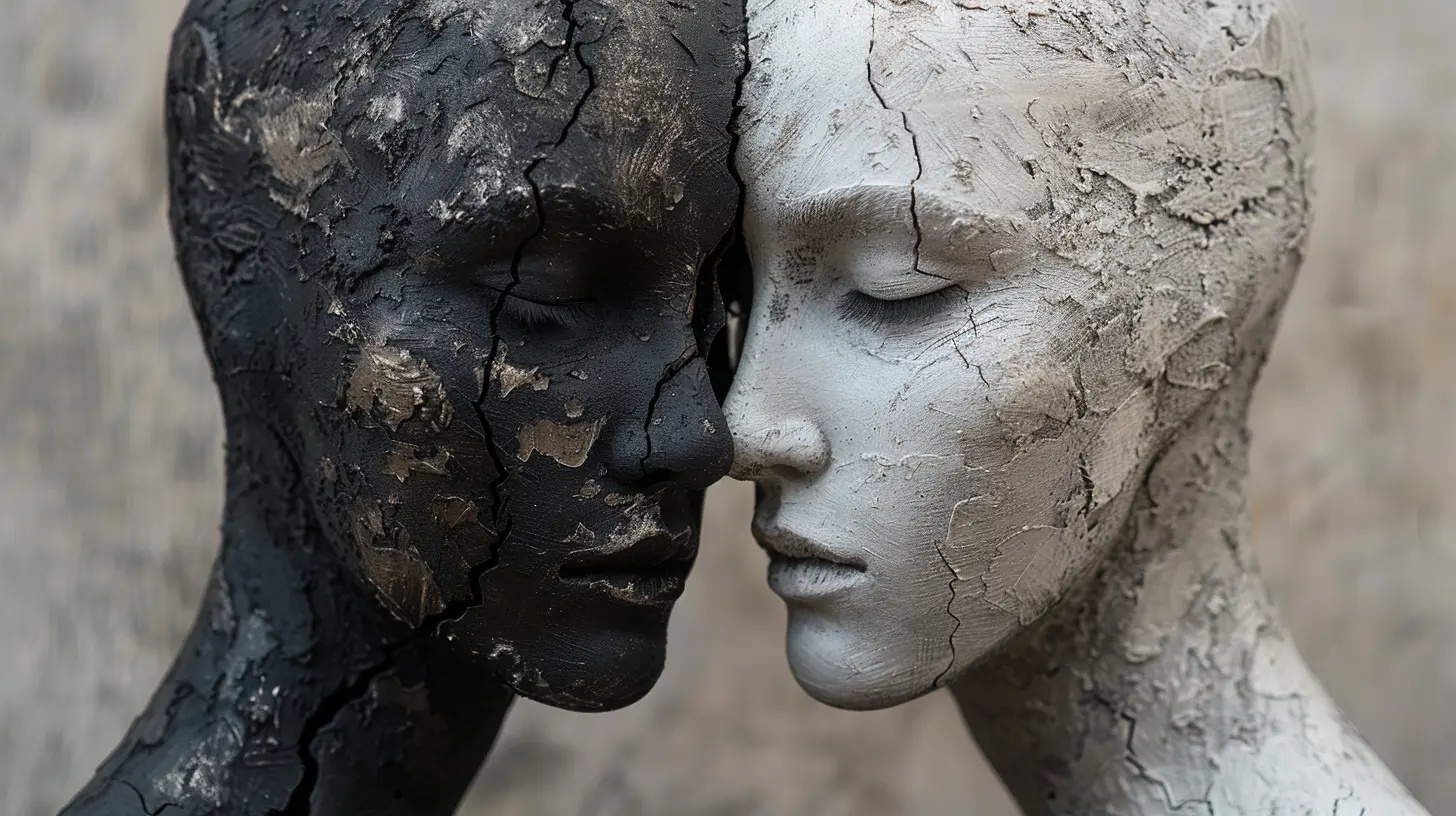The Fundamental Attribution Error: Why We Misjudge Others’ Behavior
18 July 2025
Ever watched someone cut you off in traffic and immediately thought, “What a jerk!” — only to do the same thing a week later and chalk it up to being late for work? If that hits too close to home, you’re not alone. This seemingly innocent double standard is actually part of a much bigger psychological phenomenon called the Fundamental Attribution Error.
In this post, we're diving deep into why we so often misjudge other people’s behavior, assuming it's all about who they are rather than what they’re experiencing. Intrigued? You should be — because understanding this one mental slip-up can seriously change how you view the world.
What Is the Fundamental Attribution Error?
Before we get too far down the rabbit hole, let’s clear up what we mean by the "Fundamental Attribution Error" (FAE for short). In simple terms, it’s our tendency to explain someone else’s behavior based on their personality or character while ignoring the situational factors that might be influencing them.Think of it like this: When someone else messes up, we blame their internal flaws — laziness, selfishness, bad attitude. But when we do something similar, we’re full of excuses based on the situation — stress, deadlines, traffic, bad sleep. Sound familiar?
This phenomenon was first identified by psychologists Edward Jones and Victor Harris in 1967, and it’s been messing with our perception of reality ever since.
Why Do We Fall for It?
You’d think that after thousands of years of social evolution, humans would be better at judging each other fairly. But nope. Our brains are wired to make quick assumptions — and sometimes those wires get a little... crossed.Here are a few reasons we’re so prone to the Fundamental Attribution Error:
1. We Love to Be Cognitive Misers
Let’s face it — thinking deeply about every situation takes effort. Our brains are efficiency junkies. Instead of digging into all the possible reasons someone acted a certain way, we take a shortcut and just blame their personality. Simple, fast, and wrong.2. We Have Different Info About Ourselves
If you trip walking up the stairs, you immediately know why — maybe you were distracted or your shoe slipped. But when you see someone else do it, you don’t have access to those details, so your brain fills in the blanks. And guess what it fills it with? Assumptions.3. The Actor-Observer Bias
This one’s a twist on the FAE. When we look at our own actions (especially negative ones), we tend to blame the situation. But when we observe others, we lean toward blaming their personality. It’s like we all think we’re starring in a movie while everyone else is just a background character. Kind of makes you think, huh?
Everyday Examples of the Fundamental Attribution Error
Let’s bring this down to earth a bit. Here are some everyday situations where the Fundamental Attribution Error sneaks in and messes with our judgment:At Work
Coworker shows up late? You might assume they’re disorganized or lazy. But maybe they were up all night with a sick kid. Or got stuck in traffic. You don’t know their situation — but your brain acts like you do.On the Road
Driving is a breeding ground for FAE. Someone cuts you off and instantly they’re a reckless maniac in your mind. But what if they’re rushing to the hospital? You’ll never know — but your judgment has already been made.In Relationships
Your partner forgets your anniversary and suddenly they’re thoughtless or don’t care. But maybe they’ve been under insane stress at work and it just slipped their mind. Context matters — but we often ignore it.On Social Media
Ever seen a cringe-worthy post and thought, “Ugh, attention-seeker”? Maybe. Or maybe they’re struggling and looking for support. We make snap judgments without ever knowing the full story behind that filtered photo.
How It Affects Our Relationships
Now here’s where things get real. The FAE doesn’t just color how we see strangers — it affects how we treat friends, family, coworkers, even partners. And not in a good way.When we fall into the FAE trap, we end up:
- Assigning blame unfairly
- Damaging trust
- Building resentment
- Reacting emotionally to misunderstandings
Think about this: How many conflicts could be avoided if we paused and asked, “What might have led them to act this way?” Just that simple shift could help prevent unnecessary fights and foster more empathy.
Cultural Differences in Attribution
Interestingly, the Fundamental Attribution Error isn’t equally strong everywhere. In Western, individualistic cultures (like the U.S.), personal responsibility is emphasized, so we’re more likely to jump to personality-based conclusions.But in collectivist cultures (think Japan, China, Korea), people are more attuned to context and relationships. They're less likely to fall into the FAE trap, because they instinctively consider the environment and situational factors.
So yeah — this isn’t some universal rule hardwired into all human beings. A lot of it depends on how and where we’re raised.
Can We Overcome the Fundamental Attribution Error?
Great news: Just because your brain likes shortcuts doesn’t mean you have to take them.Here’s how to push back against FAE:
1. Hit the Pause Button
Before you rush to judgment, pause. Take a breath. Ask yourself, “What else might be going on here?” It’s amazing how powerful that one question can be.2. Consider the Context
Look beyond the behavior. Are they acting out of character? Could they be under pressure, stressed, grieving, or just having a rough day?3. Practice Empathy
Put yourself in their shoes. Not in a “I would never do that” kind of way — but in a “What if I were in their exact situation?” kind of way.4. Talk to People
Wild idea, I know. But sometimes just asking someone about their behavior can reveal a world of context you never considered. Communication beats assumption every time.5. Reflect on Your Own Behavior
Next time you mess up, notice how quickly you blame external circumstances. Then remember that the same might be true for others. That recognition alone builds empathy.Why This Matters More Than Ever
In a world filled with hot takes, quick tweets, and snap judgments, slowing down to consider context is almost a revolutionary act.Social media, in particular, amplifies the Fundamental Attribution Error. We see a post, a clip, a quote — and react without context. We judge without understanding. And the algorithms don’t help; they thrive on outrage and assumptions.
But here’s the thing — changing the world starts by changing how we see each other. And that starts by catching ourselves in the act of misjudging. Imagine if more of us did that?
Final Thoughts
The Fundamental Attribution Error is one sneaky little cognitive bias. It slides into our thinking without us even realizing it, shaping how we view others and how we interpret their actions. But once you recognize it, you can't unsee it — and that’s where the magic happens.Start catching those snap judgments. Question your assumptions. Offer grace. Because at the end of the day, we’re all just humans trying to make it through this messy, beautiful life — and a little understanding can go a long way.
all images in this post were generated using AI tools
Category:
Psychological TheoriesAuthor:

Nina Reilly
Discussion
rate this article
1 comments
Orionis Heath
Thank you for this insightful article on the fundamental attribution error! It truly highlights how our perceptions can shape our understanding of others. A must-read for anyone interested in psychology!
July 29, 2025 at 2:28 AM

Nina Reilly
Thank you for your kind words! I'm glad you found the article insightful. Your support means a lot!


